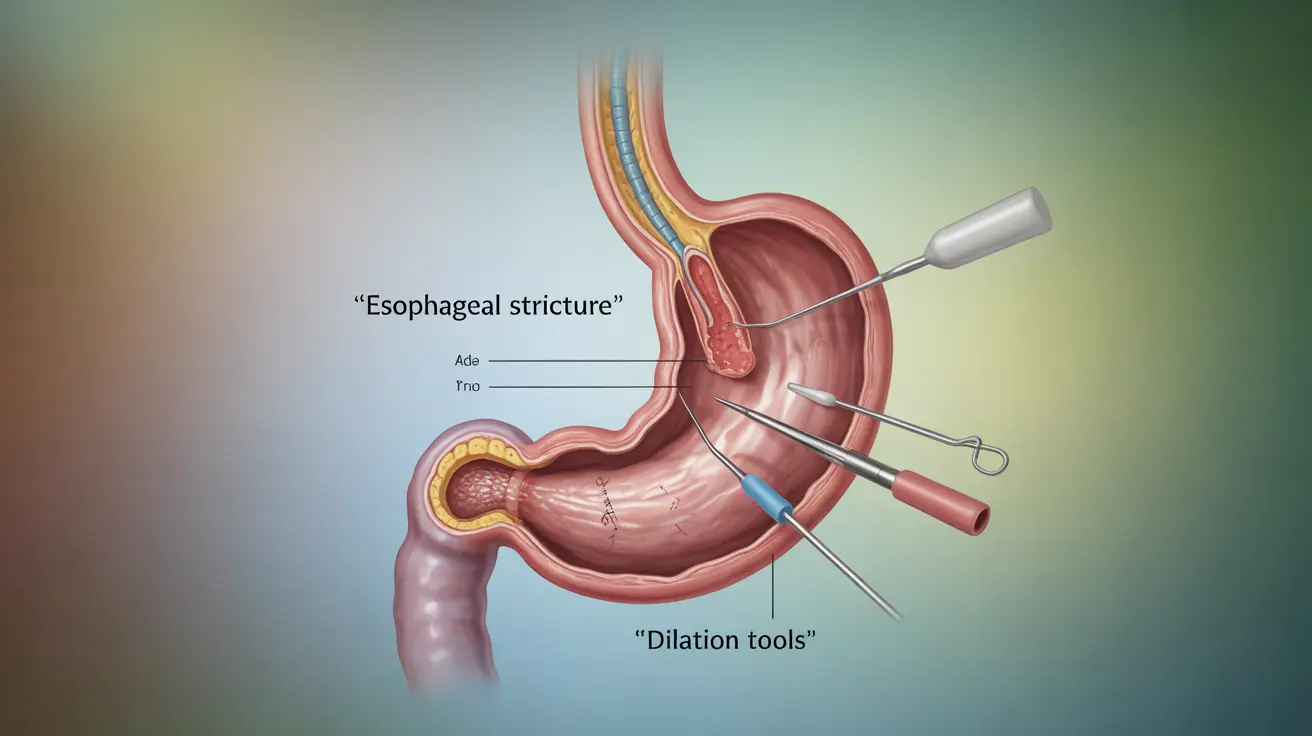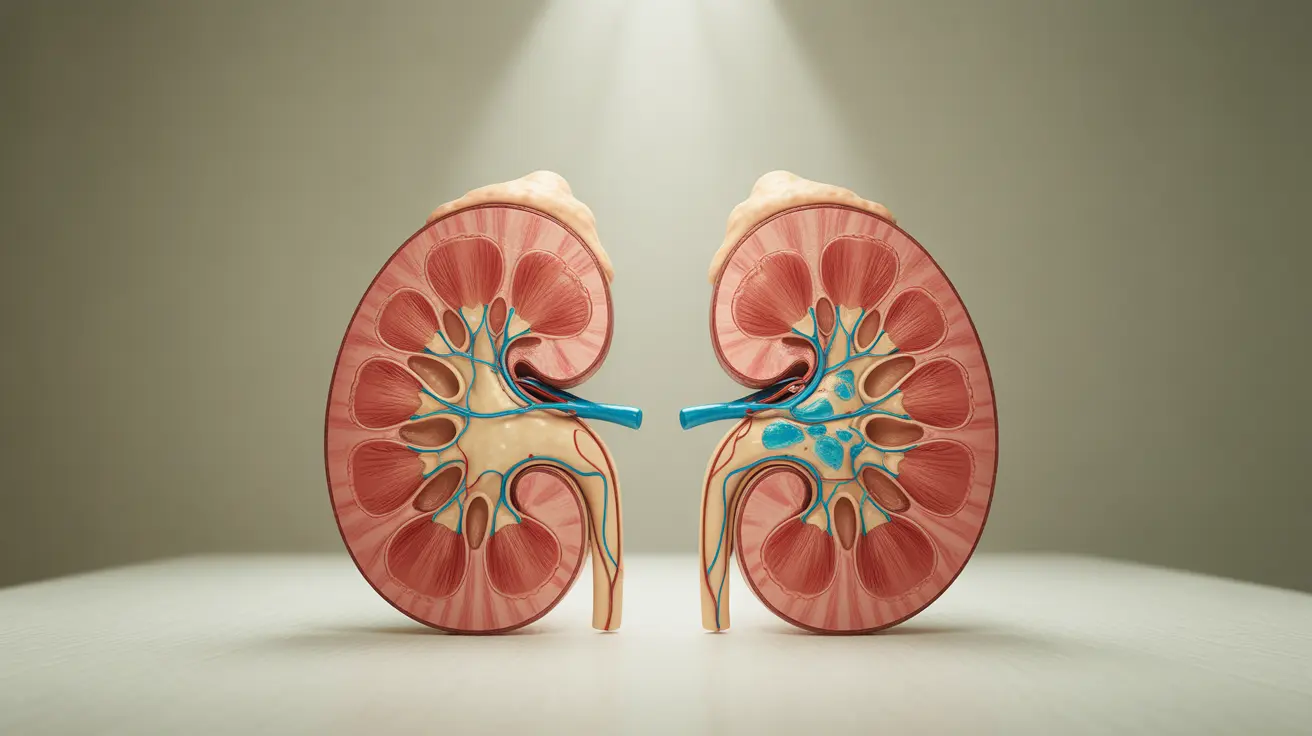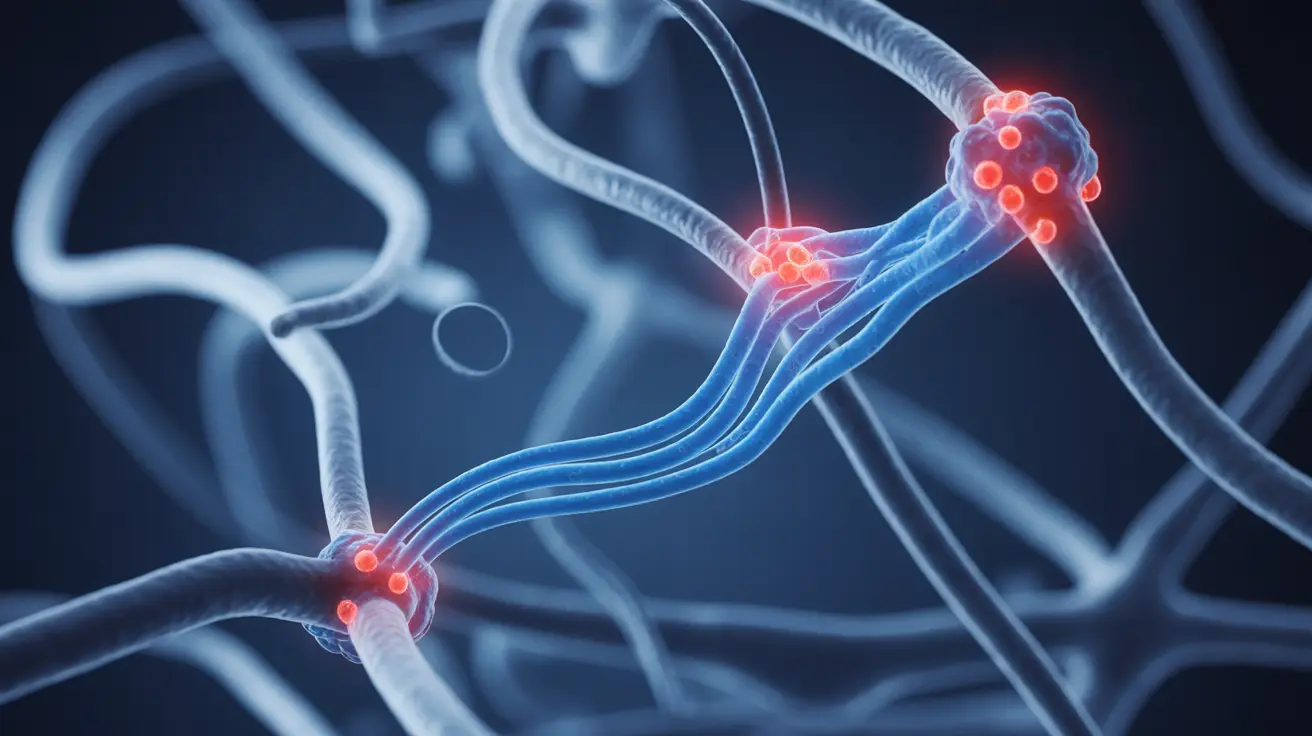Existential OCD is a complex subtype of obsessive-compulsive disorder characterized by intrusive thoughts and anxieties about fundamental questions of existence, reality, and consciousness. While many people occasionally ponder life's big questions, those with existential OCD experience these thoughts as severely distressing, leading to compulsive behaviors and significant impact on daily functioning.
This comprehensive guide explores the unique characteristics of existential OCD, its treatment options, and effective strategies for managing symptoms and maintaining mental well-being.
Understanding Existential OCD and Its Core Symptoms
Existential OCD manifests through persistent, intrusive thoughts about existence, reality, consciousness, and the meaning of life. Unlike casual philosophical contemplation, these thoughts become overwhelming and trigger intense anxiety responses.
Key Symptoms and Warning Signs
Common symptoms of existential OCD include:
- Persistent questioning of reality and existence
- Intense fear about the nature of consciousness
- Overwhelming anxiety about death and mortality
- Compulsive checking of one's own existence
- Constant need for reassurance about reality
- Difficulty engaging in daily activities due to existential fears
Common Compulsions and Behavioral Patterns
People with existential OCD often develop specific compulsions to temporarily relieve their anxiety. These may include:
- Repeatedly seeking reassurance about existence
- Excessive research into philosophical concepts
- Mental rituals to "prove" reality
- Avoiding triggers that prompt existential thoughts
- Compulsive documentation of experiences
Treatment Approaches and Professional Support
Exposure and Response Prevention (ERP) Therapy
ERP therapy has shown significant effectiveness in treating existential OCD. This approach involves gradually exposing individuals to their existential fears while preventing compulsive responses, helping them develop healthier coping mechanisms.
Medication Options
Selective Serotonin Reuptake Inhibitors (SSRIs) may be prescribed alongside therapy, particularly in cases where symptoms significantly impact daily functioning. However, treatment plans are individualized and may not always require medication.
Impact on Daily Life and Relationships
Existential OCD can significantly affect various aspects of life, including:
- Work performance and concentration
- Personal relationships and social interactions
- Academic achievement
- Overall quality of life and well-being
Understanding these impacts is crucial for developing effective coping strategies and seeking appropriate support.
Frequently Asked Questions
What are the main symptoms of existential OCD, and how does it differ from normal existential concerns?
Existential OCD involves intense, persistent thoughts about existence that cause significant distress and interfere with daily functioning. Unlike normal existential thoughts, these obsessions are intrusive, uncontrollable, and lead to compulsive behaviors to manage anxiety. The key difference lies in the severity, frequency, and impact on daily life.
How is existential OCD typically treated, and what are the benefits of using exposure and response prevention (ERP) therapy?
ERP therapy is considered highly effective for treating existential OCD. It works by gradually exposing individuals to their existential fears while preventing compulsive responses. Benefits include reduced anxiety, improved coping skills, and decreased compulsive behaviors. The therapy helps individuals learn to tolerate uncertainty and manage intrusive thoughts more effectively.
Can existential OCD be managed without medication, or is it often necessary to combine therapy with SSRIs?
While some individuals can manage existential OCD through therapy alone, others may benefit from a combination of therapy and medication. The decision to use SSRIs depends on symptom severity, impact on daily functioning, and individual response to therapy. Treatment plans are typically customized based on individual needs and circumstances.
What are some common compulsions associated with existential OCD, and how can they be addressed in therapy?
Common compulsions include seeking constant reassurance, excessive philosophical research, and mental rituals. Therapy addresses these by helping individuals recognize compulsive patterns, develop alternative responses, and gradually reduce dependency on these behaviors through structured exposure exercises.
How does existential OCD impact daily life and relationships, and what strategies can help individuals cope with these effects?
Existential OCD can significantly affect work, relationships, and overall quality of life. Coping strategies include maintaining regular therapy appointments, practicing mindfulness techniques, building a support network, and gradually facing feared situations with professional guidance. Setting realistic goals and celebrating small victories in recovery is also important.




